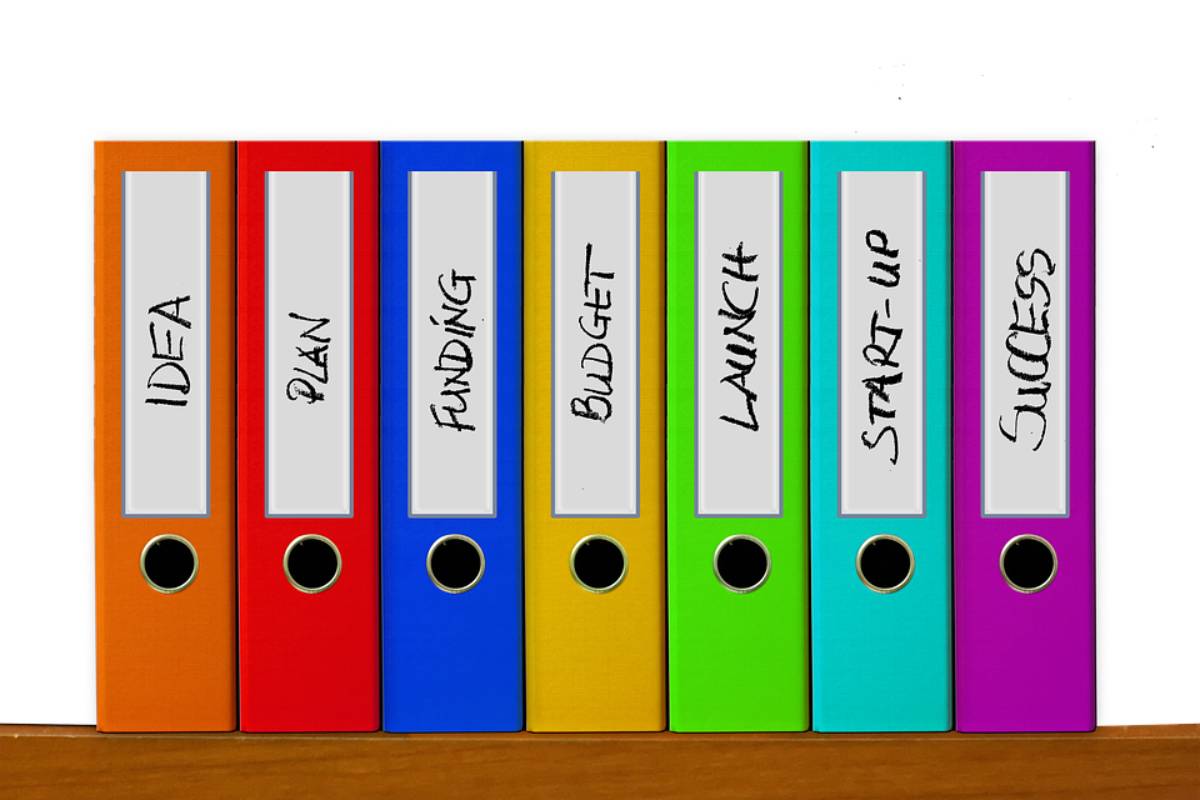Meeting a Deadline: How to Stay on Track Without the Stress
We’ve all been there—facing a looming deadline, scrambling to finish our work, and wondering why we didn’t start earlier. Deadlines can feel overwhelming, but with the right approach, they don’t have to be a source of stress. Whether you’re a student juggling assignments, a professional managing projects, or a freelancer balancing multiple clients, mastering the art of meeting deadlines can set you up for success. Here’s how to stay on track without feeling burned out.
1. Plan Ahead and Set Realistic Goals
The best way to meet a deadline is to start early. As soon as you receive a project or task, break it down into smaller, manageable steps. Assign deadlines to each step to ensure steady progress. For example, if you have a report due in two weeks, schedule research for the first few days, drafting for the next week, and editing in the final days. By planning ahead, you prevent last-minute panic.
2. Prioritize Tasks Effectively
Not all tasks are created equal. Use prioritization techniques like the Eisenhower Matrix (urgent vs. important) or the Pomodoro Technique (working in focused intervals) to maximize efficiency. Tackle high-priority and time-sensitive tasks first so that unexpected roadblocks don’t throw you off schedule.
3. Eliminate Distractions
Social media, emails, and notifications can eat up valuable time. When working on a deadline, create a distraction-free environment. Put your phone on silent, use website blockers if needed, and let those around you know you need focus time. Small changes like these can significantly boost your productivity.
4. Set Mini-Deadlines to Stay Accountable
Instead of focusing only on the final deadline, set mini-deadlines along the way. This keeps you accountable and motivated while preventing procrastination. Checking off completed tasks along the way also gives you a sense of achievement, making the process more rewarding.
5. Learn to Say No
Sometimes, missing a deadline isn’t just about poor time management—it’s about overcommitting. If your plate is too full, be realistic about what you can handle. It’s better to complete fewer tasks well than to rush through too many projects with mediocre results. If necessary, communicate early with your manager, team, or clients about what’s feasible.
6. Stay Flexible and Expect the Unexpected
No matter how well you plan, unexpected issues can arise. Maybe your computer crashes, you need additional research, or an urgent task interrupts your schedule. Build in buffer time to account for these surprises. If things go off track, reassess and adjust your plan rather than panicking.
7. Reward Yourself for Meeting Deadlines
Meeting deadlines isn’t just about pressure; it’s also about progress. Celebrate small victories along the way! After completing a major task, take a break, treat yourself to something you enjoy, or simply acknowledge your hard work. Positive reinforcement keeps you motivated for future projects.
Final Thoughts
Deadlines don’t have to be a source of stress and anxiety. With proper planning, prioritization, and discipline, you can tackle tasks efficiently while maintaining balance in your life. The key is to stay proactive, manage your time wisely, and embrace the satisfaction that comes with completing your work on schedule. Next time you’re faced with a deadline, take a deep breath, follow these steps, and watch your productivity soar!













